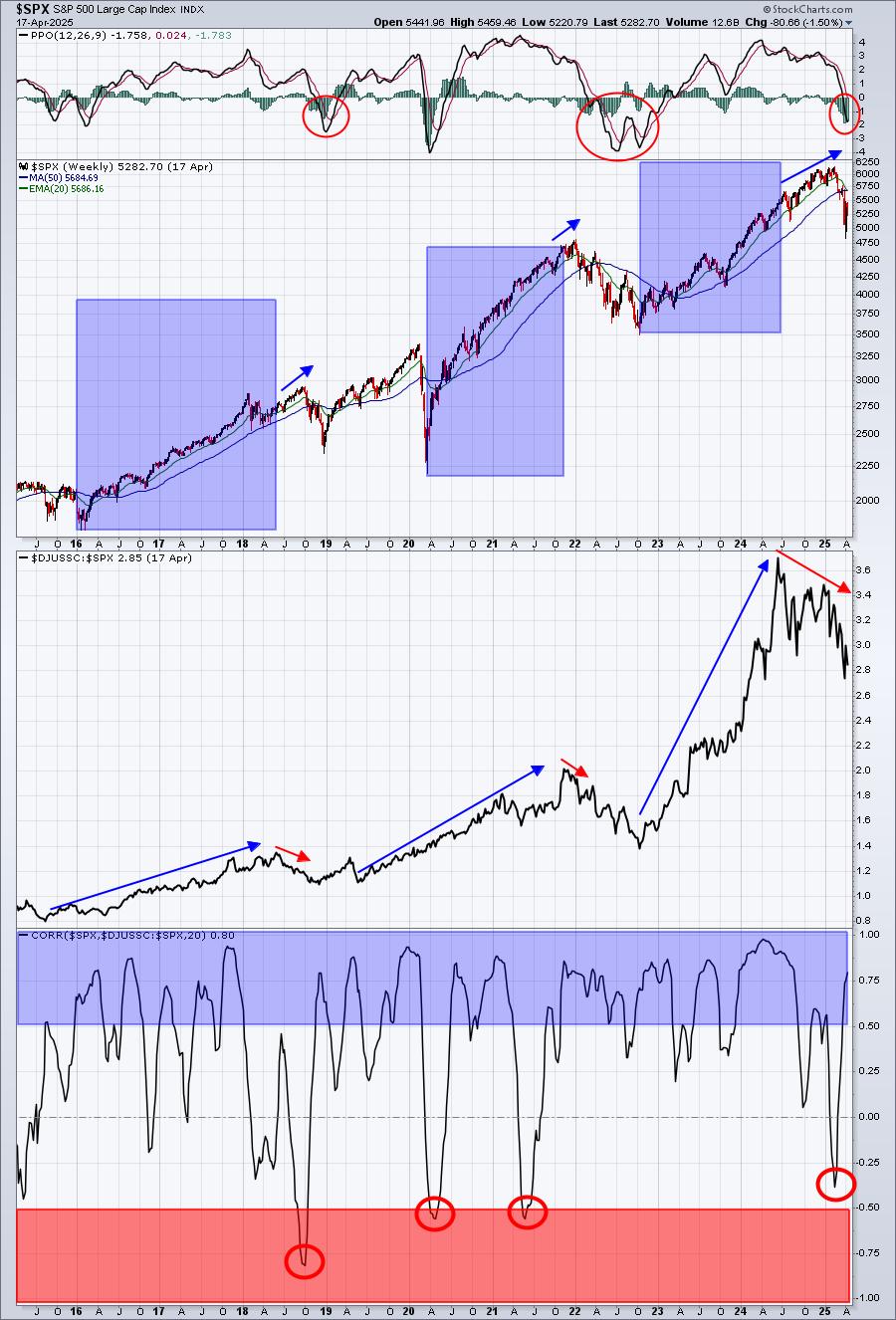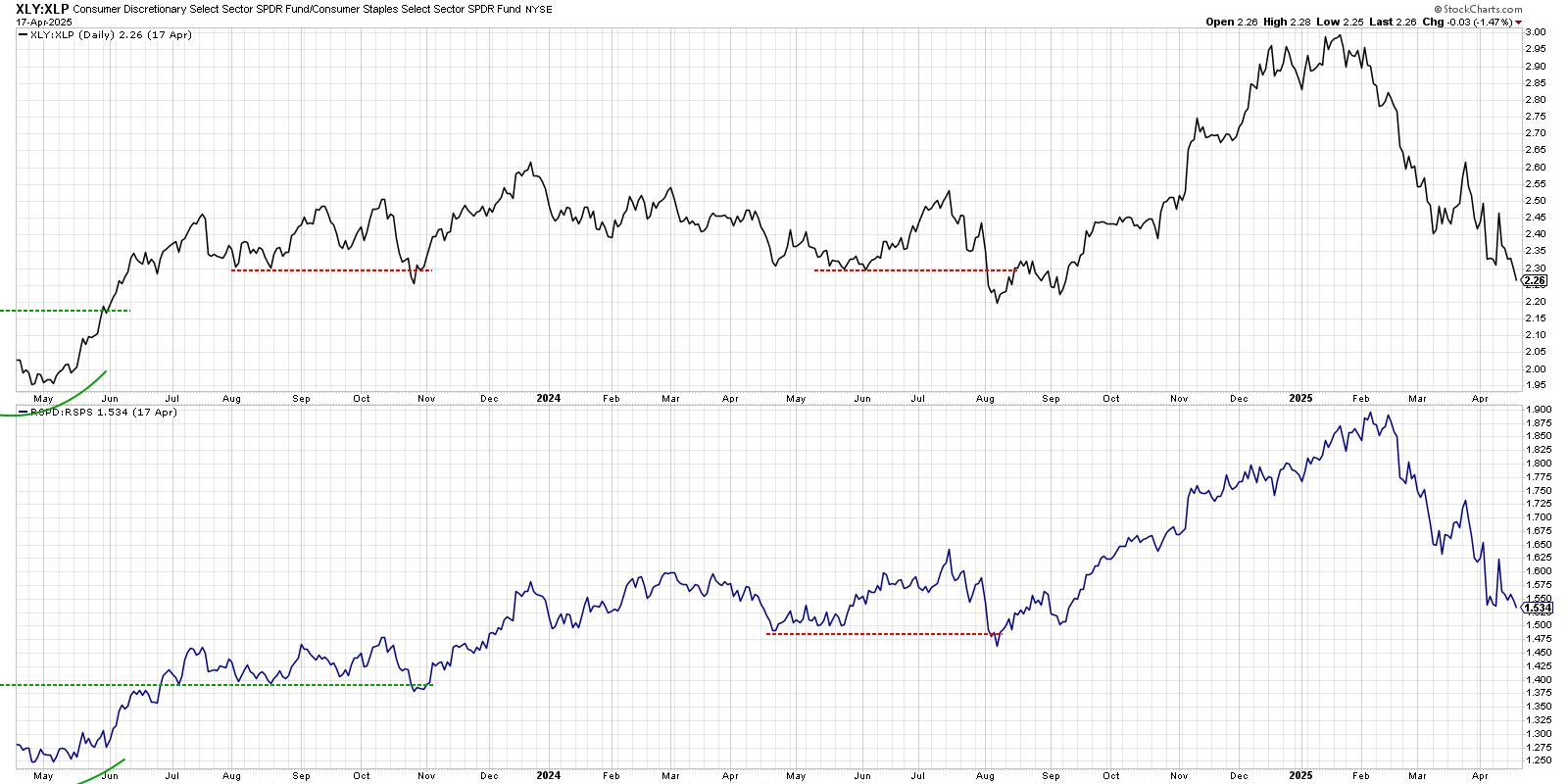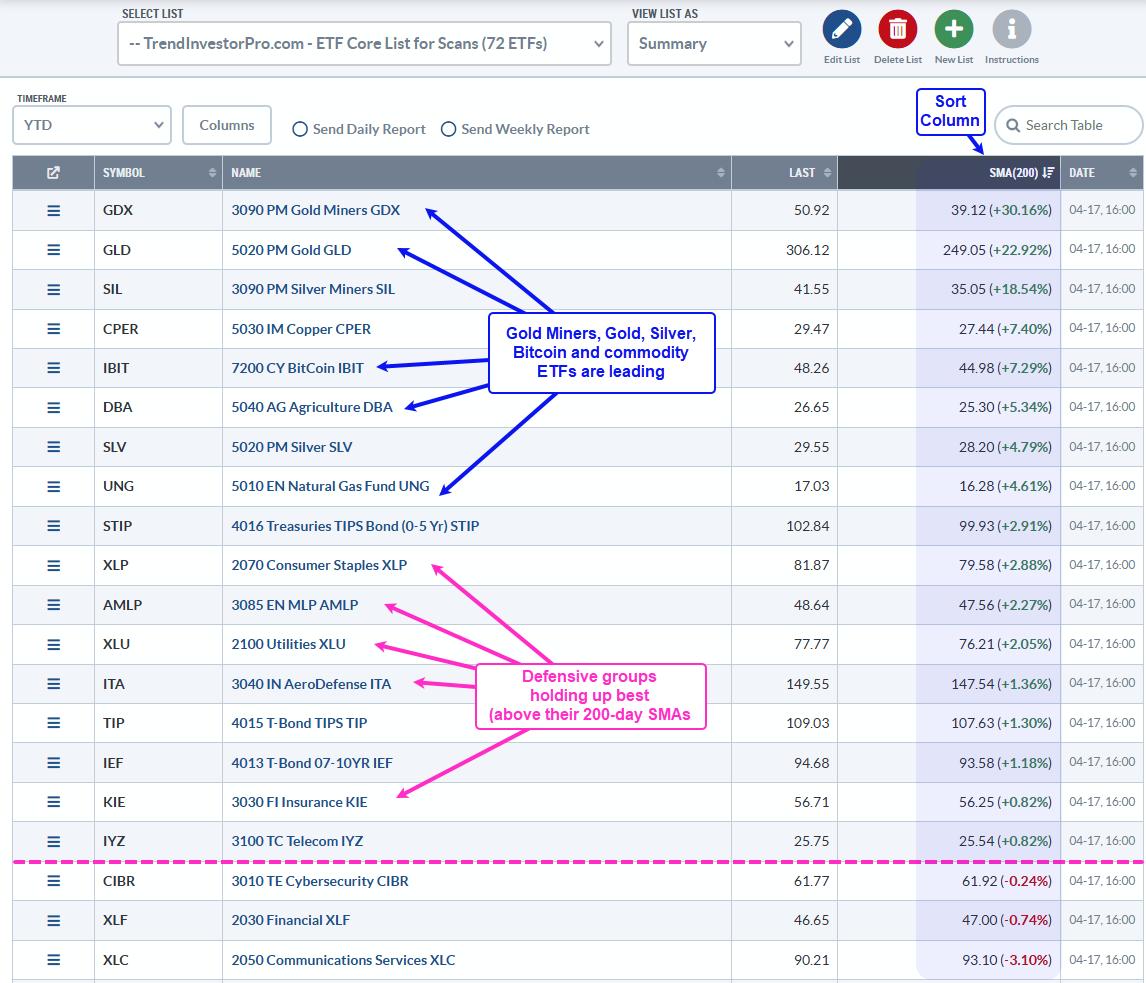 “I’m the only person I know that’s lost a quarter of a billion dollars in one year... It’s very character building.” -- Steve Jobs
“I’m the only person I know that’s lost a quarter of a billion dollars in one year... It’s very character building.” -- Steve Jobs
I have to say this up front: I hate to lose. I work very hard not to lose. As Paul Newman said, “Show me a good loser and I will show you a loser.” The closest I’ve come is that I have learned to cope with my losses in a manner that results in the least amount of lingering collateral damage. In other words, I’ve learned to quickly move on.
As I see it, there are two types of losses. The first type of loss is simply a result of the laws of probability and is to be expected even if you follow your methodology. I tell my classes that I lose about 4 out of every 10 trades. The novices in the class react by asking themselves why they are taking an investment class from such a loser. The experienced investors nod their heads in approval. The point is that when I lose, I cut my losses quickly to minimize the costs and I move on. When I have a winner, I let it run. It works out to be a net positive as the winners more than compensate for the losers. For you sports fans, another way to look at it might be to ask: how much would a baseball team pay me if I hit only 6 out of 10 times at bat? Probably whatever I asked for.
The second type of loss requires much more attention, introspection and brutal self-honesty. Losses that result from ignoring your trading plan or other bad behavior is what we all need to work on and minimize. There should be no such thing as “learning to live with it” when it comes to the second type of loss as it does with the first kind of loss. Instead, the objective here is to appreciate and understand the difference between these two types of losses and to not let your confidence get eroded in those instances when you traded your plan but a small loss resulted nevertheless.
Allow yourself to accept the fact that even an exceptional investor with a great trading system will incur losses. Protect your self-confidence by understanding that the past cannot be changed. Stay focused, be proactive and look ahead so that you are able to approach the next trade in an unbiased manner. Did you get that? The same thing that makes a great marriage is what makes a great investor – a short memory.
If your loss is based on bad behavior, however, the ballgame is totally different. If you have a couple of consecutive trading losses based on an inability to follow your methodology, you then have to “take a time out”. Stop trading and start exploring why you are losing your control and discipline. Don’t let it paralyze you, but instead turn to your written trading journal and consider paper trading until you regain your equilibrium and confidence. Don’t avoid the markets but spend a few days reflecting on your own trading discipline and reviewing the rules in your trading plan. Use this important time to unplug and forgive yourself. No one is perfect. Recognize that on occasion you will become emotional. Use your journal so you’ll avoid the same mistake next time around.
Trading is a journey. Don’t let anxiety ruin your experience or your profits. Whenever I book losses, I just consider it as tuition paid to Wall Street University. It’s not that I’m stupid – I just need to pay for the privilege of learning a very important lesson. Historically, I pay tuition only once for any particular lesson.
After all these years of trading, one piece of advice I’d offer my novice readers is to focus on the process. Don’t focus on the dollars and the profits. Your performance will take care of itself if you can follow your game plan. A few quick caveats:
- There is no place for denial in successful investing.
- Don’t blame your losses on bad luck or outside manipulators. Accept the responsibility yourself.
- Don’t be dependent upon trading for all your fulfillment and happiness.
- Focus on opportunities, not on regrets.
- Proper risk control and discipline is non-negotiable for every trade everyday.
- Revenge trading – trying to make back a loss – carries with it far too much emotion and is always costly.
- Poor money management skills are the number one reason that novice traders wash out.
- Learn to recognize your impulsive state of mind and take action to stop it.
Rest assured in knowing that even the best traders in the world book small losses on a regular basis. If you manage your emotions with consistency and if you strive for a disciplined trading mindset, then you should have no problem surviving a string of bad trades and showing profits at the end of the year.
Bottomline: I leave you with two comments – one made by an extraordinary coach and the other by an exceptional trader.
- “If you can’t accept losing, you can’t win” -- Vince Lombardi
- “My plan of trading was sound enough and won oftener than it lost. If I had stuck to it, I’d have been right perhaps as often as 7 out of 10 times.” -- Jesse Livermore
Trade well; trade with discipline!
-- Gatis Roze, MBA, CMT
Presenter of the Tensile Trading DVD, Stock Market Mastery.
Developer of the StockCharts.com Tensile Trading ChartPack.
P.S. Click HERE for information on my future appearances & seminars.






